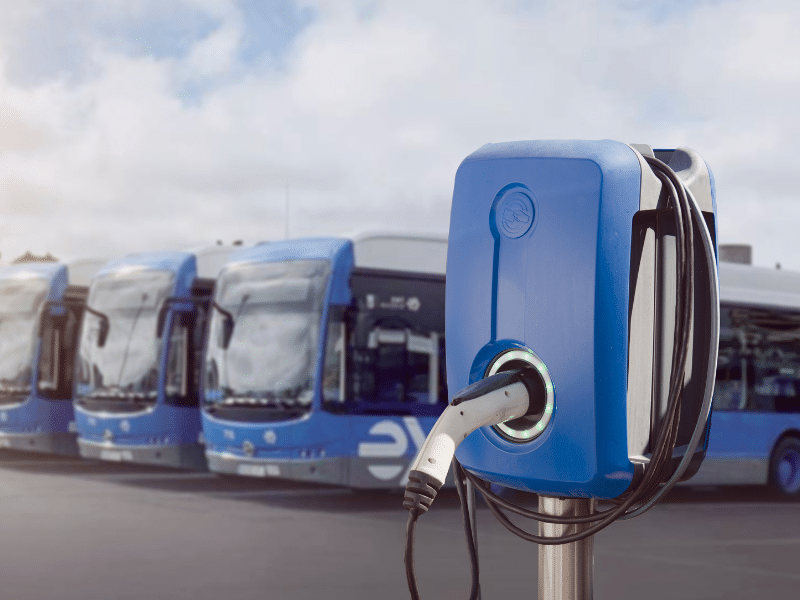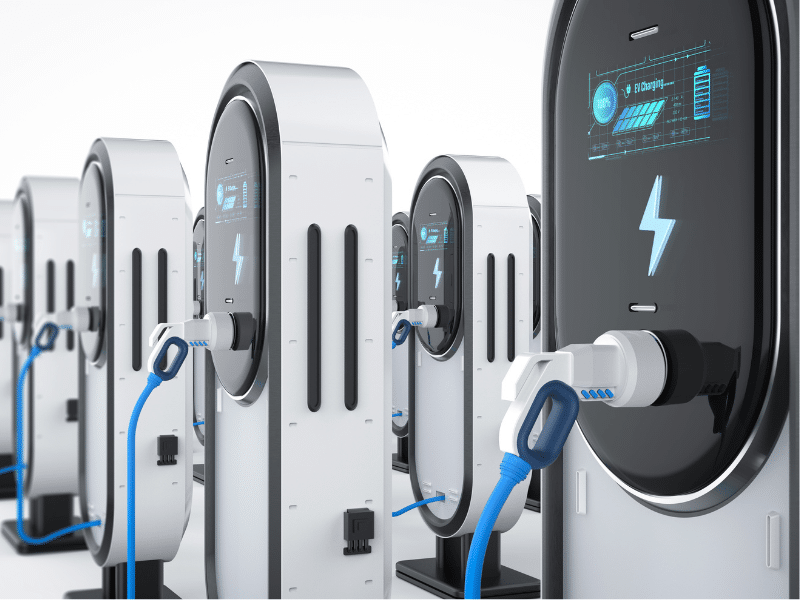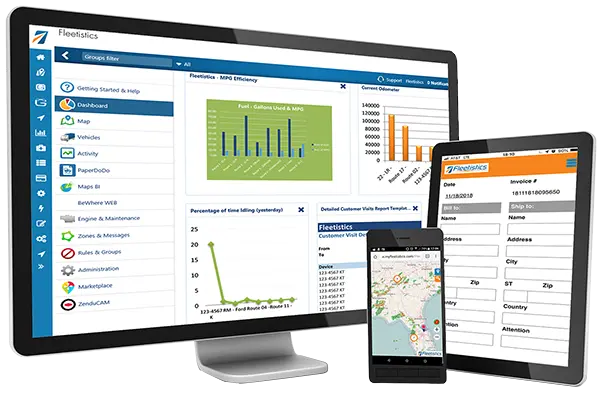Navigating the Future: Addressing Fleet Management Challenges in the Age of Electric Vehicles
In recent years, there has been a monumental shift towards sustainability in various industries, particularly in transportation. One of the most significant developments in this industry is the rapid adoption of electric vehicles (EVs). However, while the transition to EVs promises cleaner and greener operations, fleet managers are encountering a myriad of challenges along the way. From operational logistics to cost management, navigating the transition to electric fleets requires careful planning and innovative solutions.

Elon Musk, the visionary CEO of Tesla, once remarked, “The era of internal combustion engines is ending, but we’re not seeing it yet. All transportation will be electric, except for rockets.” This statement encapsulates the inevitability of the transition to electric transportation and underscores the urgency for fleet managers to embrace this shift. However, despite the inevitability, the path to electrification is not without obstacles.
One of the primary hurdles faced by fleet managers is the upfront cost associated with purchasing electric vehicles. While EVs offer long-term savings in terms of lower operational costs and reduced maintenance expenses, the initial investment can be daunting. Additionally, there are concerns about range anxiety and the availability of charging infrastructure, especially for fleets operating over long distances or in remote areas. These factors can significantly impact operational efficiency and fleet productivity.
Moreover, integrating EVs into existing fleets requires adjustments in operational logistics. Fleet managers must consider factors such as vehicle range, charging times, and optimal routes to ensure seamless operations. The transition to electric fleets necessitates careful planning and coordination to mitigate potential disruptions and maximize efficiency.

Furthermore, managing the health and performance of EV batteries poses a unique challenge for fleet managers. Battery degradation over time can affect vehicle range and performance, leading to decreased efficiency and increased operational costs. To address this challenge, innovative solutions such as EV telematics can be employed for real-time monitoring of battery health. By leveraging telematics data, fleet managers can proactively identify issues, optimize charging schedules, and extend the lifespan of EV batteries.
In addition to battery management, optimizing charging infrastructure is crucial for ensuring the seamless operation of electric fleets. Fleet managers can explore innovative solutions such as smart charging systems and vehicle-to-grid (V2G) technology to optimize charging schedules and reduce electricity costs. By strategically deploying charging stations and leveraging advanced telematics solutions, fleet managers can minimize downtime and maximize the utilization of EVs.
Despite the challenges posed by the transition to electric fleets, the benefits far outweigh the obstacles. Not only do EVs offer significant environmental advantages, but they also present opportunities for cost savings and operational efficiency. By embracing innovation and adopting sustainable practices, fleet managers can navigate the future of transportation with confidence.
In conclusion, the age of electric vehicles is upon us, and fleet managers must rise to the challenge of navigating this transition. By addressing hurdles such as upfront costs, charging infrastructure, and battery management, fleet managers can unlock the full potential of electric fleets. With visionary leadership and innovative solutions, the future of fleet management is electrifying.








